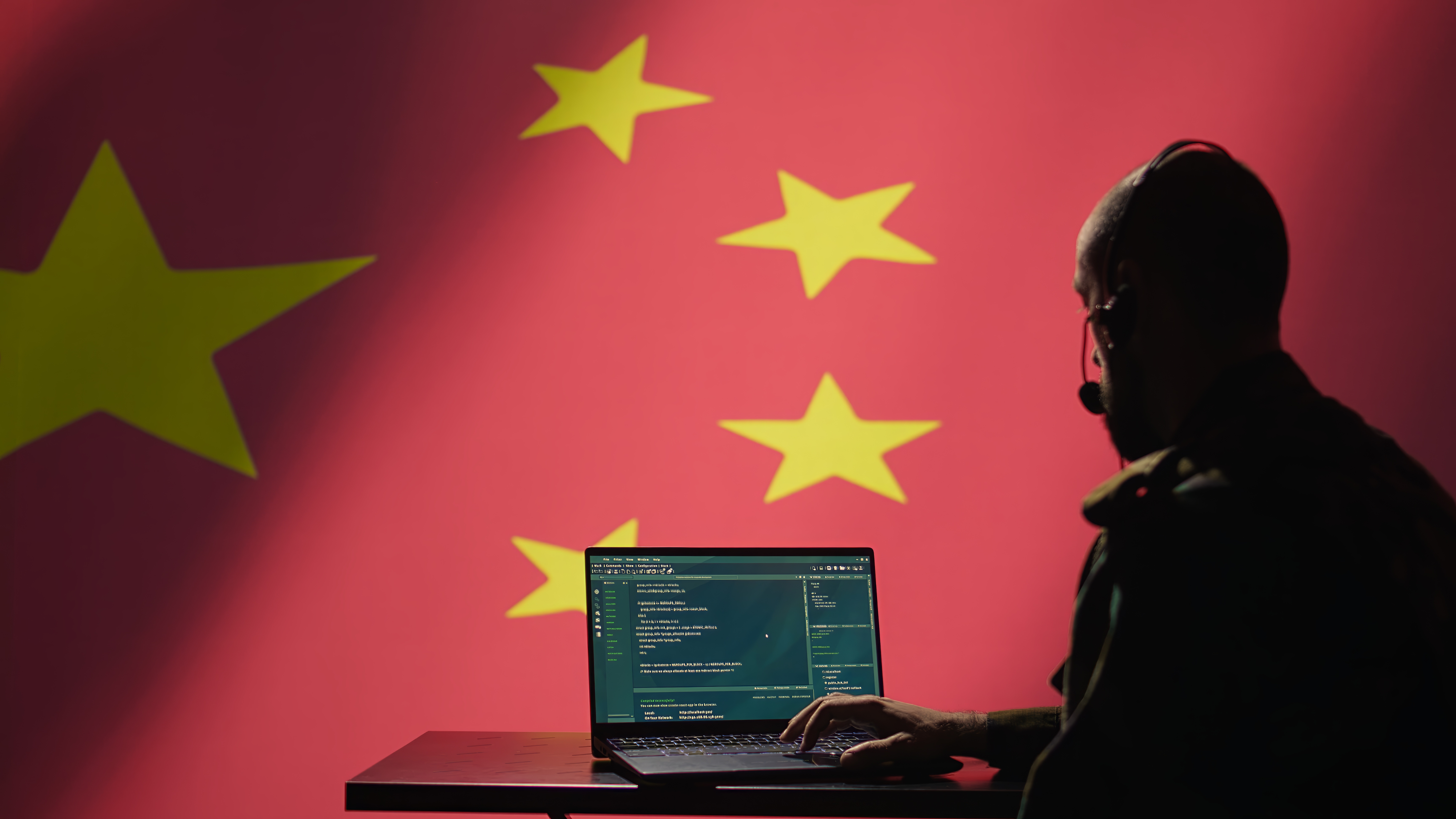Safeguarding Conference Calls: Navigating Threats and Securing Communications
While advancements in communication technology facilitate global collaboration, they are not immune to infiltration, and can expose organizations to sophisticated threats. The stakes are high, and the hidden dangers lurking in conference calls can have catastrophic consequences if left unaddressed.
Earlier this year, a German military officer used an unsecured phone line to join a conference call that was hacked by Russians and leaked to the public. Just a few weeks later, Apple released a new round of threat notifications to iPhone users across 98 countries, warning them of potential mercenary spyware attacks on their phone. These cases serve as a stark reminder that security breaches are not just hypothetical risks—they are active battlegrounds where the integrity of your organization’s communications can be undermined.
The Reality of Conference Call Vulnerabilities
Conference calls, though a standard mode of business communication, are ripe targets for cybercriminals. Online meetings can be infiltrated with chilling ease and efficiency, making the protection of these communication channels paramount.
Despite the significant efforts by providers like Zoom and Microsoft Teams to fortify their platforms with advanced encryption, passcode protections, and meticulous administrative controls, these safeguards become futile if the security of a particpant’s device is compromised.
Remote access to a cell phone or computer poses a critical threat because unauthorized parties can eavesdrop on calls with no apparent signs of a breach. The most common ways that bad actors get access to a device is via wiretapping or spyware.
The onus is therefore not only on conference line providers to ensure security but also on users to protect the integrity of their own devices against such vulnerabilities. A holistic approach to cybersecurity that examines both conference call service providers’ security features and personal device security, is essential for truly secure communication.
Decoding Wiretapping and Spyware Threats
Wiretapping is commonly understood as the unauthorized interception of telephone communication by third parties. This can occur through legal means, such as law enforcement conducting surveillance with a warrant, or through illegal methods employed by competitors or bad actors seeking to exploit your organization.
Spyware, on the other hand, turns your own devices against you. With this insidious software, including Pegasus, phones can become open microphones, granting eavesdroppers seamless access to your enterprise’s most guarded conversations.
Wiretapping and spyware are both serious threats to your organization’s security. They can be used by hackers, competitors, corporate intelligence firms, and even nation-states to gain access to sensitive information or compromise the integrity of your systems. The best way to protect against these threats is through a combination of technology, policies, and procedures that work together to create an environment where wiretapping and spyware are difficult if not impossible for attackers to exploit.
Financial and Legal Impact of Breaches
The consequences of security breaches in conference calls can be substantial and multifaceted, with long-term repercussions for any organization. Financial loss is often the most immediate impact, with the potential for significant monetary damage due to stolen intellectual property, negotiation strategies, or sensitive financial data that can lead to market manipulation and fraud.
Beyond the tangible financial implications, there is the intangible yet severe cost of reputational damage. Trust is hard-earned and easily lost; companies that fall victim to such breaches may find their credibility with clients, partners, and the public severely eroded.
Moreover, the legal ramifications cannot be ignored. Organizations may face litigation, hefty fines, and regulatory penalties if they fail to protect client data or comply with privacy laws, adding yet another layer of consequence to the already heavy toll of a conference call breach.
In sectors like finance and energy—specifically oil, gas, and extraction—the stakes are even higher given the sensitive and proprietary nature of their discussions. The financial sector, where discretion is key, can be crippled by a breach leading to insider trading, impacted stock prices, or the divulgence of strategic business plans to competitors. The repercussions can trigger intense scrutiny from financial regulators and result in severe penalties.
The energy sector, too, is particularly vulnerable due to the strategic and economic importance of energy commodities. A breach in the energy sector can have national security implications, threaten infrastructural integrity, and expose confidential agreements and exploration data to hostile entities or competitors. These industries, with their heightened need for confidentiality, face a dire need for stringent security measures tailored to defend against sophisticated threats inherent in their operations.
Take Control of Your Conference Call Security
The virtual collaboration tools we’ve embraced with open arms must now be scrutinized with a critical eye. It’s time to reinforce, to educate, and to instill a culture of cybersecurity awareness that extends beyond the physical office walls. It is no longer a question of if your communications will be targeted, but when—and how rigorously fortified you will be when that day comes.
Schedule a meeting with one of our mobile security experts to learn how you can Sotera’s SecurePhones can help you protect what matters most.

 Safeguarding Conference Calls: Navigating Threats and Securing Communications">
Safeguarding Conference Calls: Navigating Threats and Securing Communications">





Leave a Reply
Your email address will not be published.*